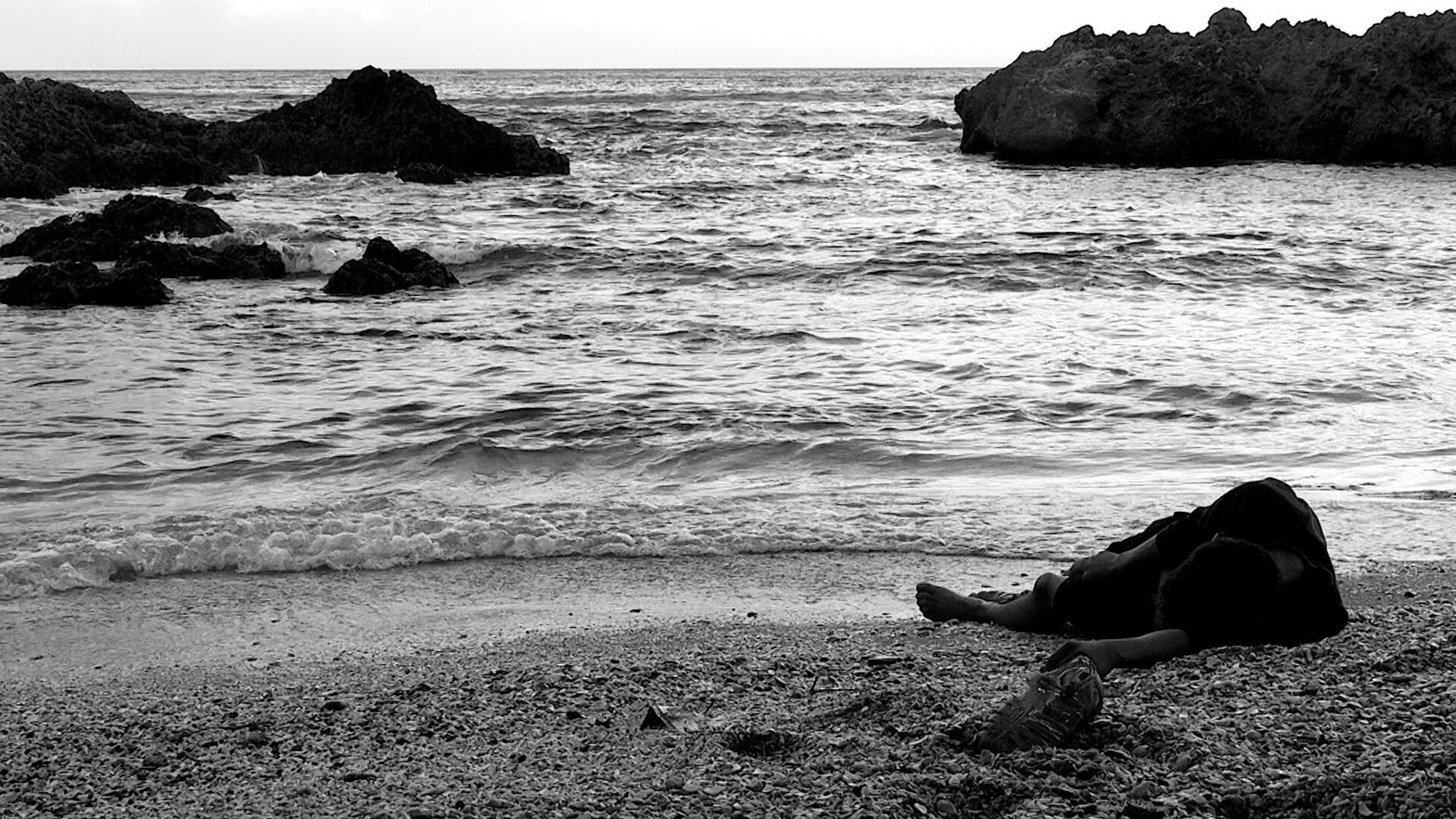 ©Noir Production Alina Film
©Noir Production Alina Film
There is a stronghold difficult to conquer and there is a castle from which it seems impossible to escape. This is Melilla, of a rigorous and impenetrable beauty, in the images of Sylvain George's film, a second dive into a crucial territory for European immigration policies after Nuit obscure – Feuillets sauvages (Les brûlants, les obstinés), presented last year in Fuori concorso at Locarno. If the first documentary offered itself as a fresco on the complex geopolitical situation, telling through various faces the state in which the men who are trying to cross the border to Europe find themselves, this second movement focuses on the stories of minors. A group of boys, to look at them well, children, who live alone on the streets of Melilla: the time in which they arrived there is now unspecified, too much for not having somehow organized, too little for having abandoned the idea of continuing their journey. The days follow one another identical between finding something to eat, taking a dip in the sea, looking for a way to cross the border and then settling down for the night, retrieving the blankets in unexpected ravines. A form of cohesion has been created in the group, a brotherhood that leads them to share painful memories and traumas that will be difficult to overcome. They quarrel, sometimes tension rises, the embrace turns into a clash, subversive cells within an apparently immobile city, unable to accept the pain that is going through it.
The fortress of Melilla overflows with rage, a force that seems capable of making it explode, in the rush of the boys' race, in their freeing themselves in the waves like sea foam. They get lost in the digital images of their mobile phones, then finding themselves in the poetic word: a text of great power, composed by them, at the end of this journey that will take them to the streets of a great European city. Equally invisible, possible stones that bust a gear, possible future citizens from whom to learn a new humanity.
In a search that lasted five years, in being at their side even in the most extreme situations, the filmmaker French Sylvain George gives way to his young protagonists, his dialectical cinema opens up to a form of stalking that finds new times and visual associations to tell young people, their ignoble present and their hope for a better future.
Daniela Persico